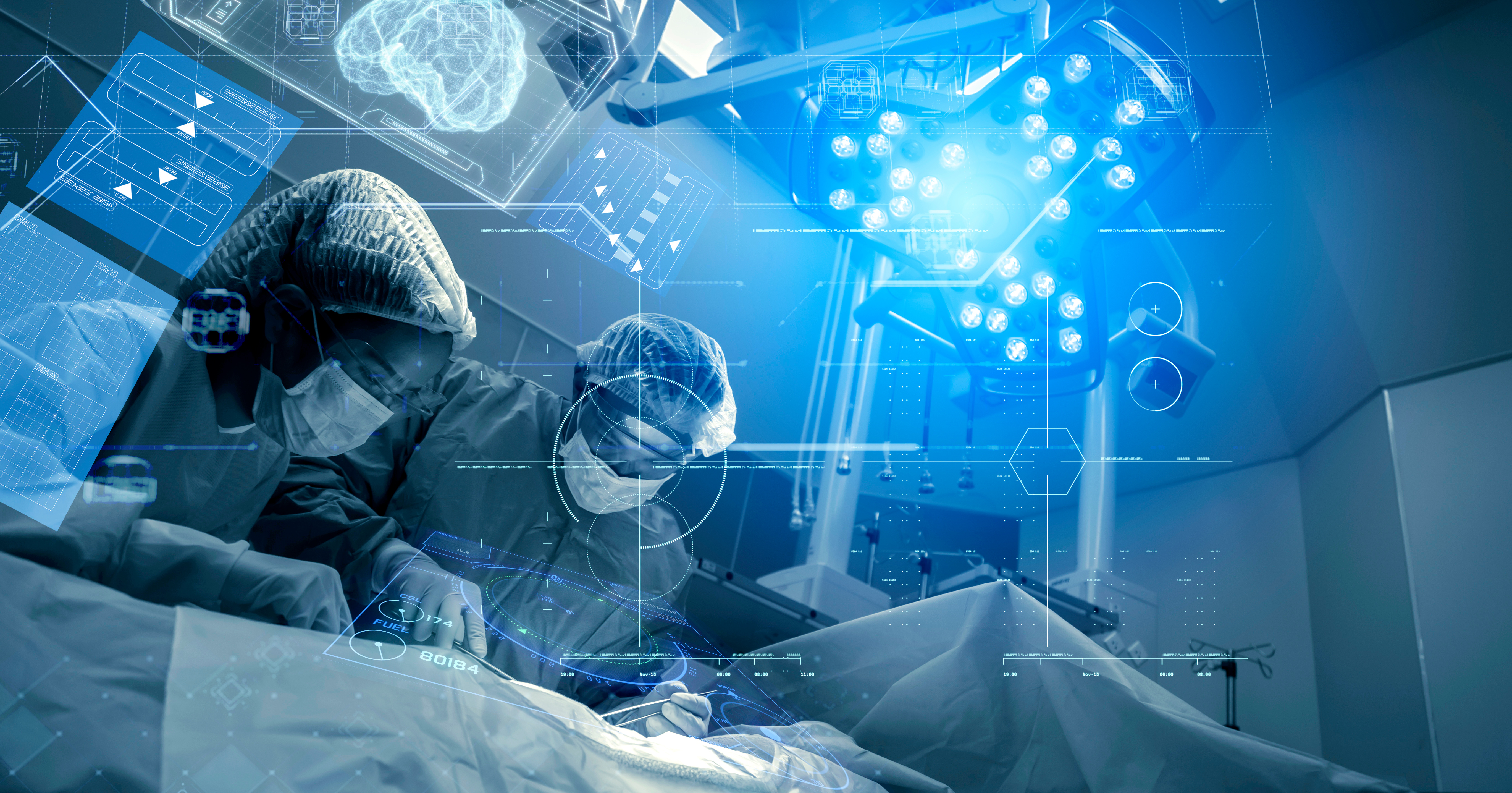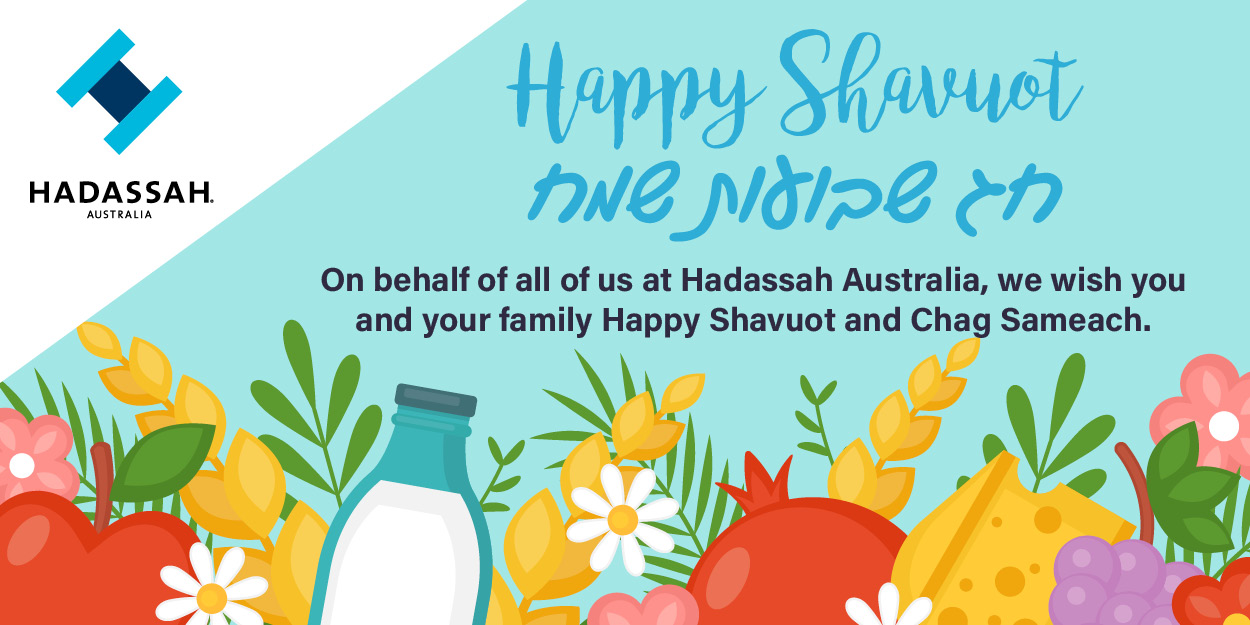Earlier this month, Sam Altman, the CEO of the San Francisco based start-up, OpenAI, testified before members of a US Senate subcommittee and largely agreed with them on the need to regulate the increasingly powerful artificial intelligence (AI) technology being created inside his company, and others like Google and Microsoft.

“I think if this technology goes wrong, it can go quite wrong. And we want to be vocal about that,” he said. “We want to work with the government to prevent that from happening.” However, Altman also said: “We believe that the benefits of the tools we have deployed so far vastly outweigh the risks, but ensuring their safety is vital to our work.”
In healthcare, artificial intelligence (AI) is revolutionising the way healthcare professionals diagnose, treat and manage diseases. AI-powered medical tools and devices are being used to improve patient outcomes, reduce healthcare costs and increase efficiency.
Benefits are already being seen in accurate cancer diagnosis, early diagnosis of fatal blood diseases, treatment of rare diseases, targeted treatment and reduction of dosage errors among a growing list of areas in healthcare that stand to be significantly enhanced by the application of AI while addressing the challenges identified by Sam Altman and many others.
The Hadassah Medical Organization is at the forefront of this transformation in healthcare.
In this current newsletter you will read about the breakthrough work of Dr Shai Rosenberg in the use of AI in personalised medicine. Dr Rosenberg and his colleague, Professor Jacob Sosna, the Chair of Hadassah’s Division of Radiology and Nuclear Medicine, are using AI to enhance what physicians can achieve and in a shorter amount of time.
Prof. Sosna predicts that in the future, AI software will screen people for diseases like osteoporosis, where it will pick up a subtle change on a scan, or diabetes, where it will identify a slight increase in glucose level in a blood sample— before a person shows any clinical symptoms.
With the advantages of AI and digital medicine comes the major challenge to prepare physicians to make AI part of their armamentarium, so it becomes a resource they are familiar with and are comfortable using. Hadassah is at the forefront of ensuring that its medical students achieve this comfort level with the new technology. Prof. Sosna and Dr. Rosenberg are teaching a course in digital medicine to all of Hadassah’s medical students. In addition, Hadassah has created an educational program in computational medicine that is already training 47 medical students towards a dual degree in medicine and computer science.
Will computers, which lack empathy, eventually be making the decisions about our health care? “Medicine is a human interaction,” Prof. Sosna related. “You don’t trust a computer; you trust your doctor. A computer can’t look at a person and determine that something is wrong. AI is another tool that will help us as physicians, not a tool that will make physicians disappear.”
We look forward to sharing the progress of AI in medicine, and Hadassah’s key global role in it, with you in future editions of our newsletter.
Chag Shavuot Sameach,
Ron Finkel AM
President
